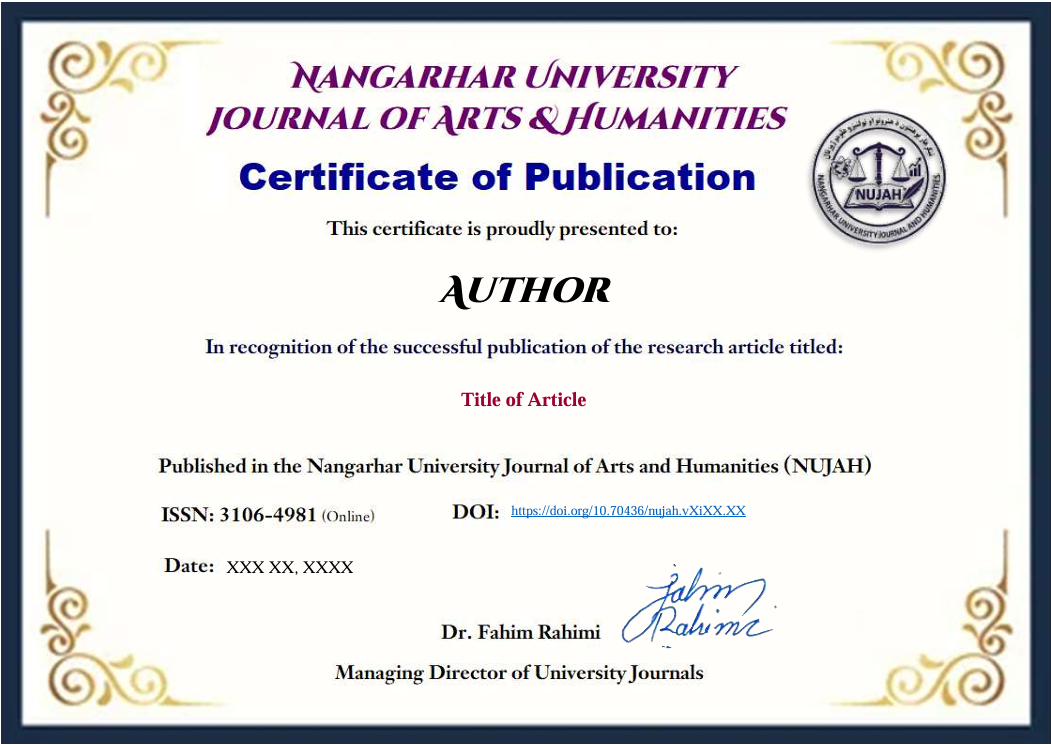Competing Interests
Ethical Disclosure of Interests
Transparency is essential in maintaining the integrity of scientific research. Therefore, all potential conflicts of interest must be declared to provide an accurate representation of the work and avoid biased interpretation or evaluation. Disclosure helps readers judge the credibility and impartiality of the research for themselves.
For Authors
A conflict of interest exists when secondary factors, such as financial, professional, or personal considerations, may influence the objectivity or integrity of the research being reported. Authors must disclose any possible conflicts that could affect how their work is perceived or evaluated. These conflicts may be:
-
Employment or consultancy roles
-
Board or advisory memberships
-
Ownership of shares or investments
-
Intellectual property rights
-
Financial interests held by close relatives
-
Gifts or financial benefits
-
Participation as expert witnesses
-
Affiliations with advocacy or lobbying groups
-
Close personal relationships with other parties involved
Authors must clearly state any competing interests or explicitly declare the absence of them using the following statement:
“The authors declare that they have no conflict of interest.”
This declaration should be placed before the acknowledgements section.
If relevant, authors must also explain the nature of the conflict. For instance:
“Author A received research funding from Company Y. Author B is a member of Committee Z.”
Refer to the Funding section for further clarification.
When an author serves on the journal’s editorial board, a statement should be included to ensure transparency, such as:
“Some authors are members of the editorial board of this journal. An independent editor oversaw the review process. No other competing interests are reported.”
For Editors and Reviewers
Conflicts of interest also apply to editors and reviewers when external factors may impair their ability to make unbiased decisions or assessments. These factors may include professional relationships, financial ties, or personal connections.
Editors and reviewers should recuse themselves from handling manuscripts if any of the following situations apply:
-
They are affiliated with the same institution or organization as one of the authors.
-
They have recently collaborated or are currently working with the author.
-
They have co-authored publications with the author within the last three years.
-
They share or have recently shared research grants with the author.
-
They have personal relationships that could compromise objectivity.
In fields with limited expertise, editors may still invite a reviewer with a potential connection to the authors. In such cases, the editor must ensure that at least one reviewer has no affiliation or conflict, in order to maintain fairness and neutrality.




